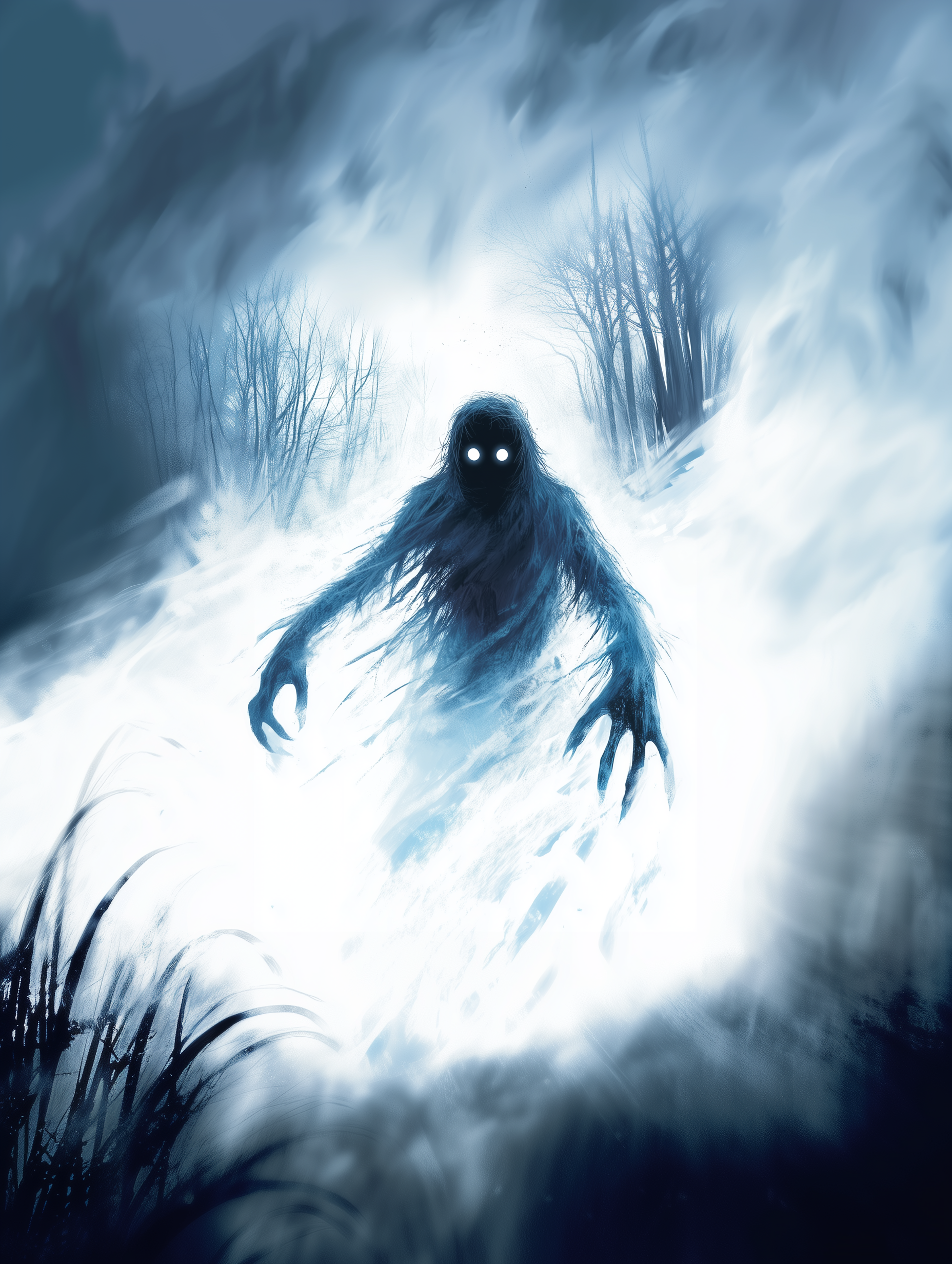Animals have always been a part of my life. For years it was mostly cats and dogs—companions who curled up on my lap while I wrote, or stole my spot on the couch when I got up to grab a cup of tea. But in the last couple of years, animals have become a much bigger part of my life. Now, when I look out the window, I don’t just see a dog chasing a ball or a cat grooming itself in the sun. I see goats bouncing on pallet platforms, geese announcing their opinions to anyone who will listen, chickens scratching in the dirt, ducks holding bachelor parties by the pond, and our two mischievous kittens, Gallium and Copper, batting at each other in the garden.
And it’s not just that I have animals. They’ve started shaping the way I think, the rhythm of my days, and the stories I want to tell. Feeding time becomes a chance to observe dynamics—who eats first, who sneaks around the back, who insists on headbutting the feeder until they get their way. Walks with the dogs turn into meditations on loyalty and stubbornness. Even the cats, with their aloof affection, remind me of characters who want connection but on their own terms.
Because animals occupy so much of my brain-space now, I’ve realized that a lot of my writing moving forward will probably lean into them more heavily. It’s not something I planned—it’s just what happens when you spend your mornings trying to coax a goat out of the chicken coop or when your rooster insists on serenading you at inconvenient hours. These things work their way into stories, whether I’m writing fantasy, science fiction, or even non-fiction.
Enter: The Daily Waggle
This shift is part of why I started The Daily Waggle, a second blog I launched earlier this year. It’s a space dedicated to the small, quirky, everyday stories animals inspire. Some posts are reflective, some are funny, and some are just me marveling at the way animals interact with the world.
There’s also a practical side to it. As many of you know, we’re working on starting a nonprofit animal sanctuary. The idea behind the Daily Waggle is that, as it grows, it can also help channel a little support toward the sanctuary through ad revenue. It’s a way to share the joy and chaos of animals while also creating something sustainable for them.
If you want more animal stories in your life, you can subscribe to the RSS feed and get the Waggle delivered straight to you.
Creativity in Motion
Since I began this work — both with the animals themselves and with the Waggle—I’ve been flooded with story ideas. Some of them are lighthearted tales sparked by a goat climbing where it shouldn’t. Others are more speculative: what if a town depended on a flock of geese for protection? What happens when a cat believes itself to be a god (and maybe isn’t wrong)? The hard part isn’t coming up with the ideas—it’s finding the time to sit down and write them all.
But that’s part of the adventure, too. Just like animals pull you away from carefully laid plans (because a duck got stuck in the fence, or because you found your goats debating who gets the top bunk in Goatopolis), writing pulls me into new directions I didn’t expect.
So, that’s where I am right now: knee-deep in fur, feathers, and the occasional mud puddle, trying to balance real-life animals with fictional ones. If you want to follow along with the smaller daily observations, come check out the Daily Waggle. And if you stick around here, you’ll probably notice more animals sneaking into my fiction, too.
Because at this point, they’re not just part of my life — they are my life.










